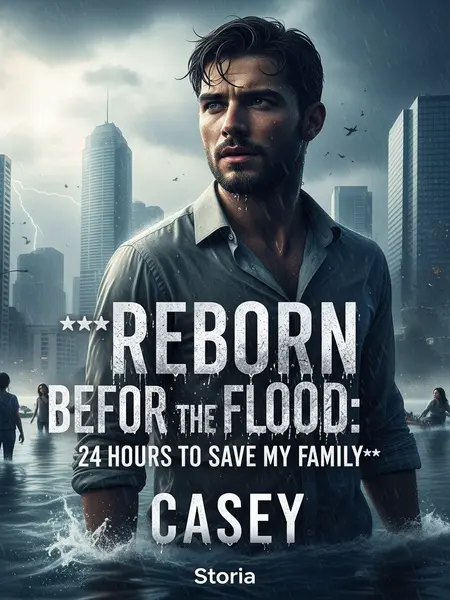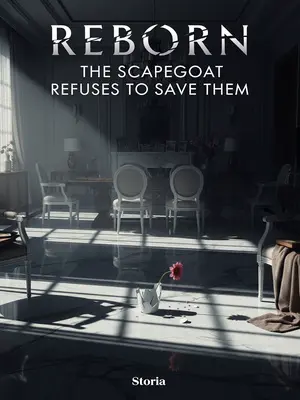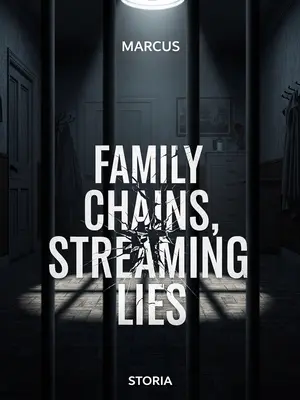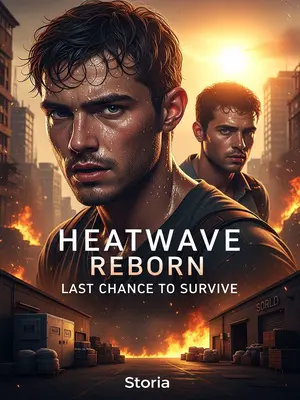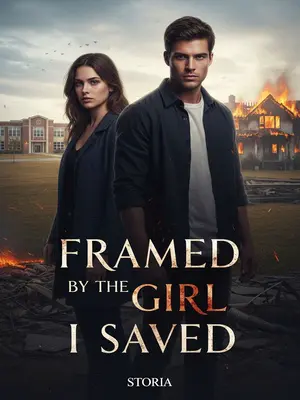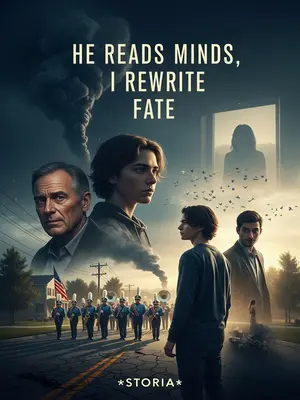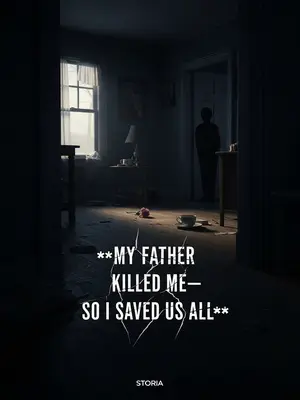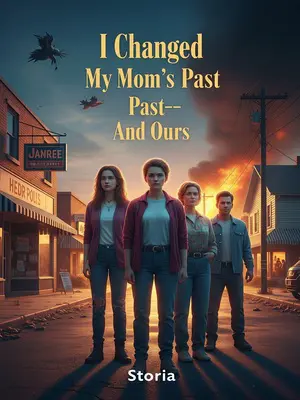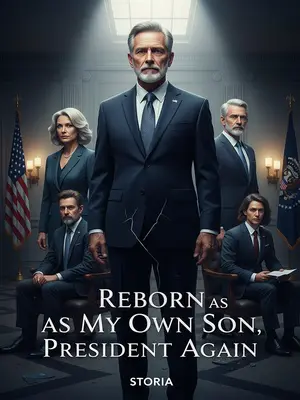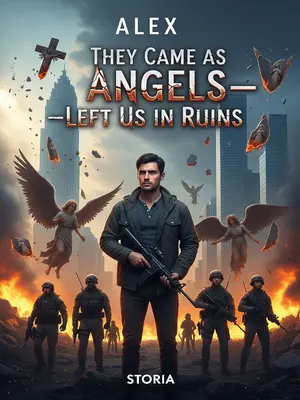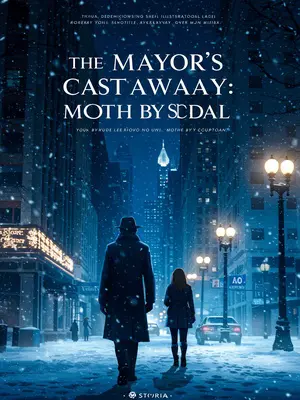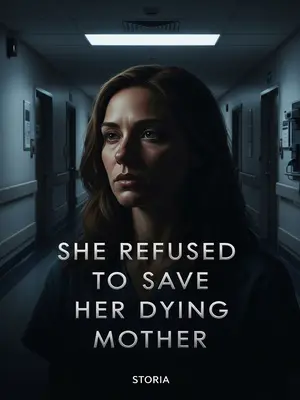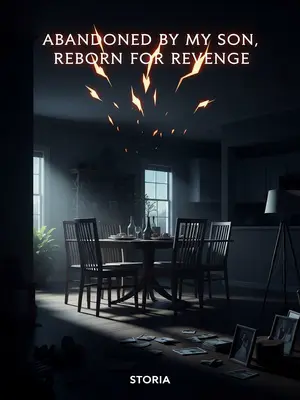Chapter 3: The Only Way Out
Food’s important, but you have to be alive to eat it.
The memory of icy water crawled over my skin. My stomach twisted with hunger, but survival came first.
It was 10:25 a.m.—less than a day before doomsday. There was no time to think. I had to run—up the mountain.
Every second mattered. The digital clock on my phone ticked down like a bomb. I could almost hear the future—water slapping concrete, the gurgle of the end.
I tried to push toward the exit, but the crowd was a surging, frantic stampede.
Bodies pressed in, people shouting about rice and batteries, voices cracking with fear. An elbow jabbed my side. A bag of flour burst, dusting my sneakers white. I needed out—now.
No good. Too slow. I stood on tiptoe, scanning for anything useful—a weapon. There, in the hardware aisle: a bright red fireman’s axe, hanging just out of reach.
The aisle was half-blocked by toppled toolboxes, but the axe glinted above it all. My heart hammered. Nobody cared about tools. They were after food. But I knew better.
"Move it! I’ve got an infectious disease!" I yelled. The crowd froze, wide-eyed. I shoved through, darted to the hardware aisle, and yanked the axe down. Its weight was solid, real.
The air here was quieter—people too busy grabbing canned goods to notice me. I grabbed the axe, swept boxes of nails into my backpack, grabbed a battered flashlight and rolls of duct tape, and stuffed them in. My backpack bulged.
Axe in hand, I strode to the exit, shouting, "Make way! Make way! If you get hit by the axe, that’s on you!"
People scattered, muttering. My heart thundered. I must’ve looked insane, but fear worked in my favor.
Nobody challenged me. The threat of violence trumped the hunger. I felt a bitter pang of guilt, but survival had no rules.
Five minutes later, I stumbled outside. The street was no better—trucks and cars jammed, horns blaring, curses flying.
Sunlight glared off windshields. Delivery vans double-parked, drivers yelling. A shopping cart spun in the middle of the street. A cop car crawled through the gridlock, lights flashing—useless.
At the intersection, engines idled and drivers screamed out their windows. Nobody was moving.
Dodging a minivan and ducking behind a delivery truck, I dialed Dad’s number, eyes scanning for the row of shops—including the one with the motorcycle logo. If I was lucky, it’d still be open. I needed speed, and I needed it now.
